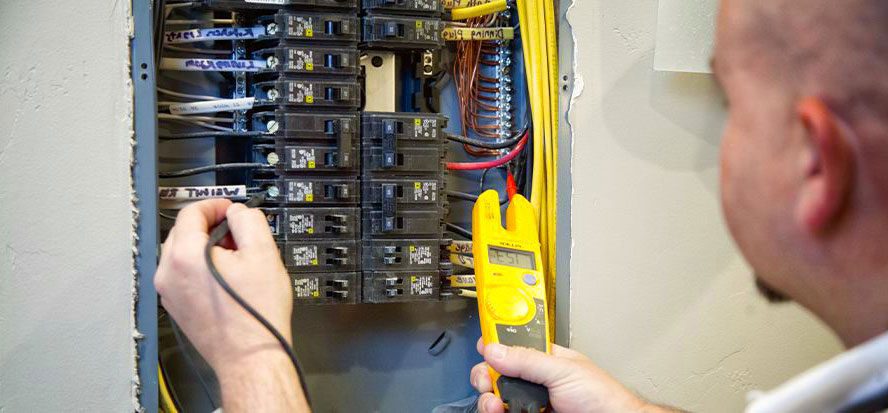Preventing a Short Circuit
“Short circuit” is a term that gets thrown around a lot, but what does it mean and why is it important? A short circuit is when a high current runs through a low resistance pathway. So when a hot wire carrying electricity touches a neutral object, it results in a short circuit.
So why is this bad? Well, a short circuit can have damaging effects on many aspects of your home, from appliances to outlets and even your family. Short circuits may cause electrical shock or fire and will damage appliances and other electrical devices, which can be expensive to replace.
Safety Measures
You don’t have to wait for a shock to deal with short circuits. There are several ways to protect yourself and reduce the chances of a short circuit.
It’s crucial to repair any electrical items in your home that are damaged. For outlets, if there is physical damage, especially burn marks, the outlet should be replaced. Also, if any wires in your home lack insulation, are frayed, or are not in their proper place, it could pose a danger for a short circuit.
Your appliances also need to be in good shape in order to prevent unexpected short circuits. If the wiring on any of your appliances is frayed or broken, it could be vulnerable to a short circuit.
Upgrade Your Outlets
Outlets that are old and outdated can be more susceptible to short circuits compared to grounded, modern outlets. Ground fault circuit interrupter outlets (GFCI) are outfitted with additional protection from short circuits, which will protect you and your home if a short circuit or power surge happens.
Electrical Efficiency and Safety for Your Home
At HedgeHog Electric, we understand how important safety is for your home electrical system. Our technicians are trained and prepared to help you with any electrical problems you may have. Contact us today at (866) 605-2113 for more information and to make an appointment.


